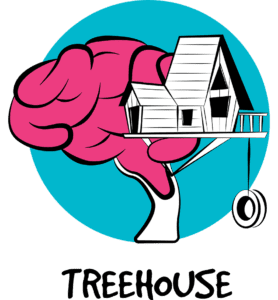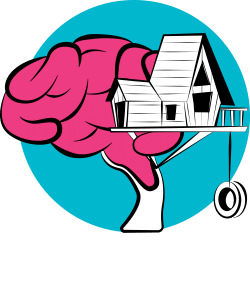Othering
Othering occurs when a group of people decide that an individual or group of individuals is different and “not like us”. Microaggressive behaviours which you have just examined is an example of othering. Othering often occurs at a subconscious or unconscious level which contributes towards the difficulty of breaking free of institutional or systemic racism.
Some examples of othering can be when, as an individual, you think about the positive qualities of the people who look like you and negative ones to those who don’t. Or thinking that people outside of your particular social group think and act differently to you and therefore should be viewed with suspicion. Or that those in a different social group pose a threat to you or your way of life.
These individual biases are something which we all hold because we are human beings. But you can teach yourself to recognise when you are making such judgements and contribute towards ‘othering’. Further, it is helpful to be able to recognise when othering happens in society at large and when it is led on a large scale.
Often government policy and the media can help to fuel othering. For example, you may have noticed that in recent years there have been a lot of news stories surrounding the activity of migrants entering the UK. Hostile government policy and the rhetoric that migrants are dangerous and here to steal jobs is a perfect example of othering. This means that the individual stories and reasons why migrants wish to come to the UK become generalised and the people become ‘othered’. The people ‘othering’ the migrants tend to overlook the legal facts of the right to seek asylum in the UK. It also helps those doing the othering to feel that they are in the right and that they are protecting their own way of life. There is no consideration of the individual as a human being.



